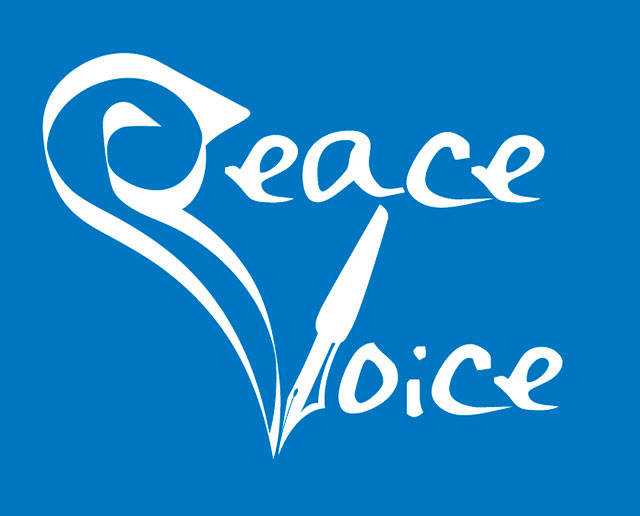Amidst the darkness of Washington politics, a recent bright spot was the letter to Congress signed by more than 120 former senior military officers urging support for diplomacy and development.
The letter is an encouraging sign of the growing recognition within the military of the need for greater civilian efforts to achieve international security. Hopefully it will help to counter the Trump administration’s dangerous proposal to slash State Department and USAID funding by 37 percent.
The signers of the letter are three- and four-star generals and admirals, representing all branches of the military. Their letter expresses “our strong conviction that elevating and strengthening diplomacy and development alongside defense are critical to keeping America safe.”
The United States faces many challenges that “do not have military solutions,” the signers note.
Referring to the State Department, USAID, the Millennium Development Corporation and the Peace Corps, the letter states that the military “needs strong civilian partners in the battle against the drivers of extremism– lack of opportunity, insecurity, injustice, and hopelessness.”
The signers urge adequate funding of the government’s International Affairs Budget and conclude, “Now is not the time to retreat.”
This statement from former commanders is an affirmation of what Lisa Schirch and many others in the peacebuilding community have been saying for decades. Genuine human security requires diplomacy and development in addition to defense. Diplomatic dialogue can reduce political tensions and help nations and groups settle their differences without violence. Conflict prevention is primarily a civilian task, built on sound economic and social foundations, rooted in systems of inclusive and accountable governance.
From the military standpoint this is a matter of self-interest. Officers know that military means alone cannot defeat terrorist insurgency. They do not want to risk the lives of their soldiers on impossible missions.
What good will it do, for example, if ISIS is driven out of Mosul, but there are no diplomatic efforts to address the needs of aggrieved Sunni communities and no help is available for the massive reconstruction efforts needed to restore shattered local economies?
Military commanders know that bringing greater stability and security to troubled regions requires greater State Department capabilities and well-funded development programs that are coordinated with private sector engagement to create jobs and economic opportunity.
The military gets the message. Now we need to try to drive home that message to the political establishment of Washington.
David Cortright, syndicated by PeaceVoice, is a professor of Peace at the Kroc Institute at Notre Dame.



